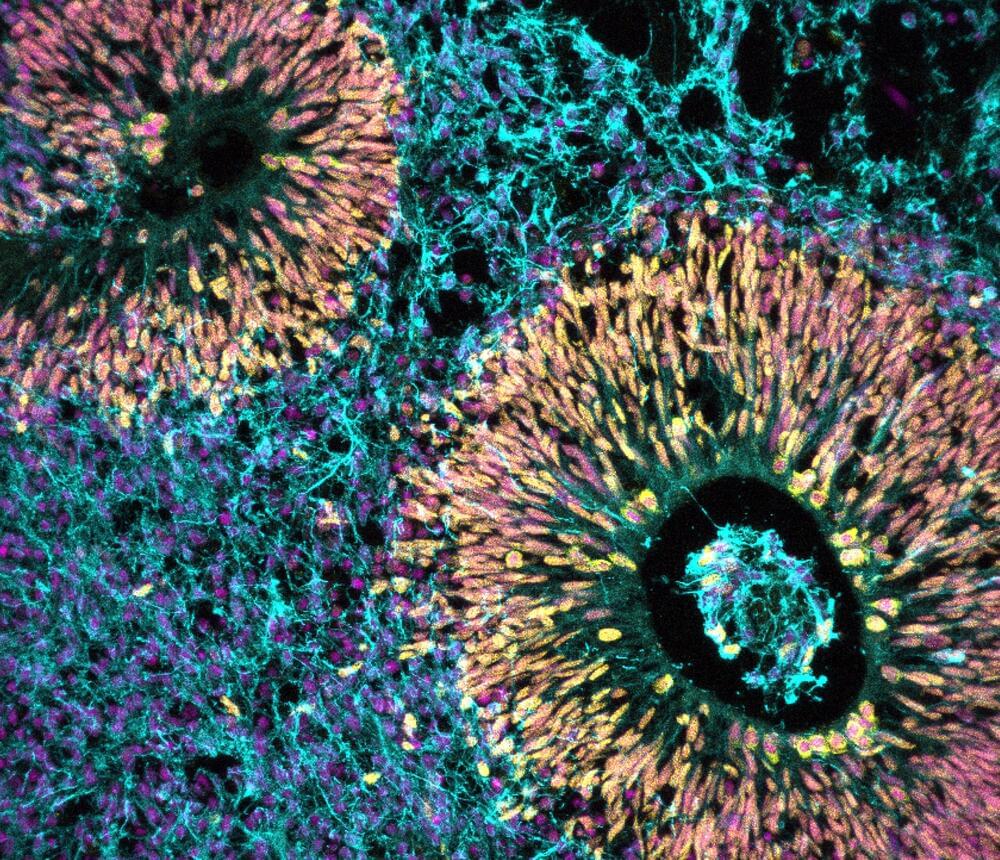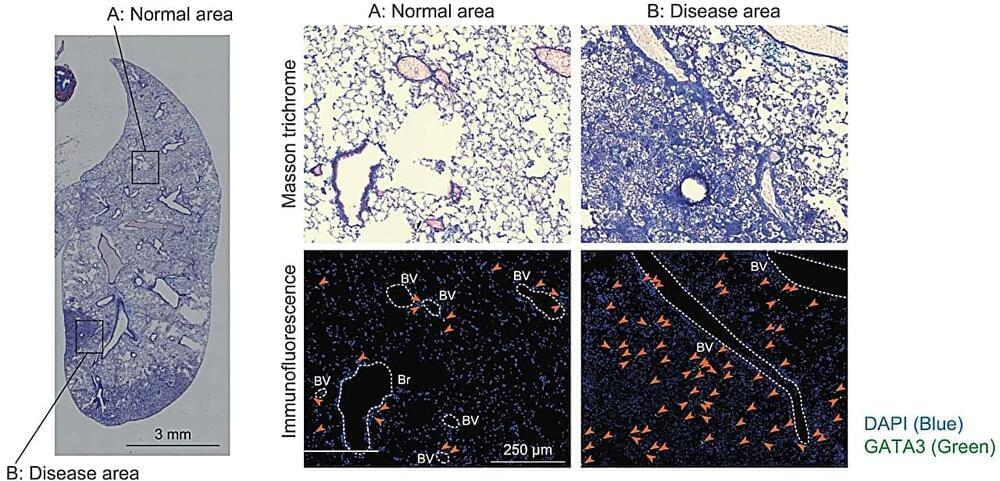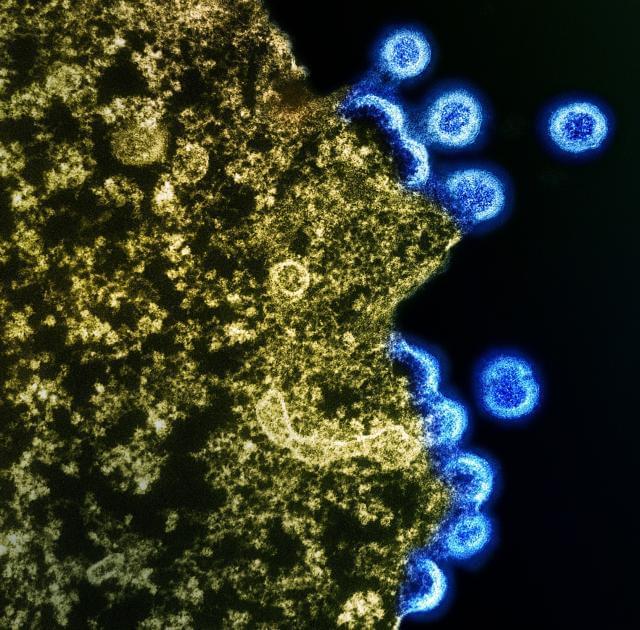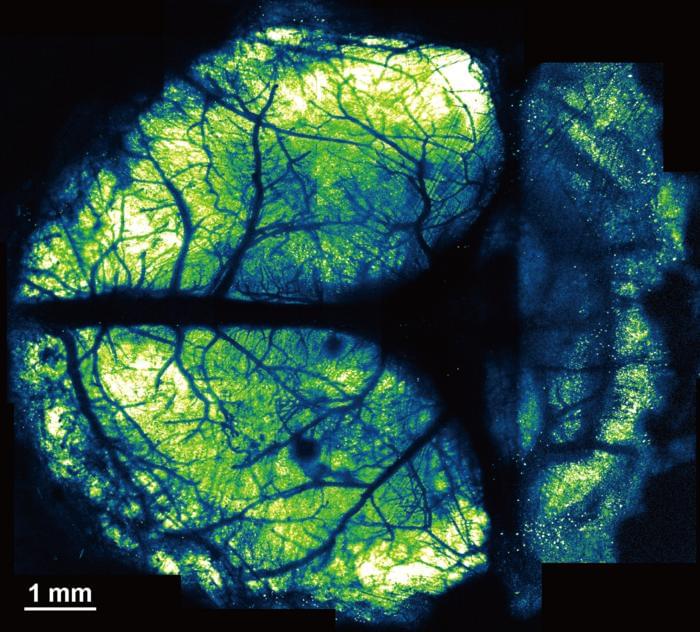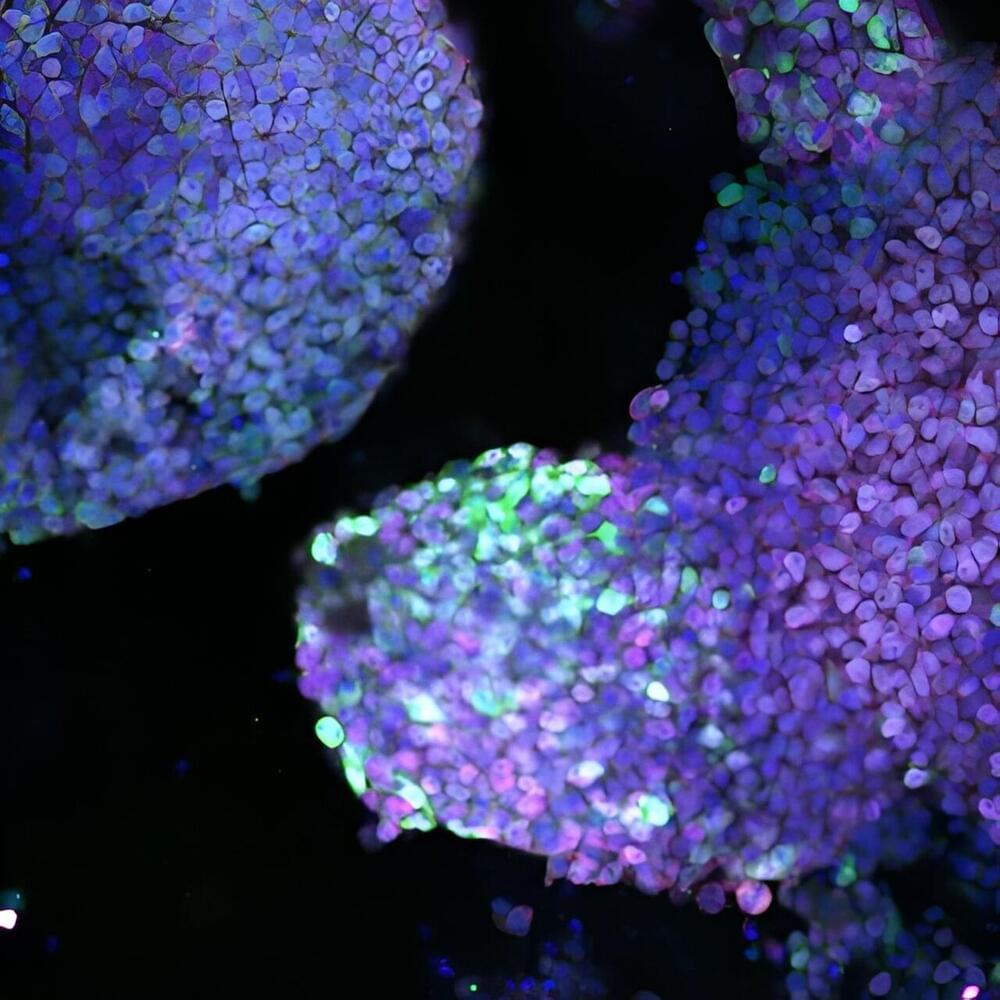In a collaboration with Houston Methodist Hospital, researchers from the UH Engineering Robotic Swarm Control Laboratory led by Aaron Becker, assistant professor of electrical and computer engineering, are developing a novel treatment for pulmonary embolism (PE) using millimeter-scale corkscrew shaped robots controlled by a magnetic field. PE is the third most common cardiovascular disease, resulting in up to 300,000 deaths annually.
“Using non-invasive miniature magnetic agents could improve patient comfort, reduce the risk of infection and ultimately decrease the cost of medical treatments,” according to Julien Leclerc, a Cullen College research associate specializing in applied electromagnetics. “My goal is to quickly bring this technology into the clinical realm and allow patients to benefit from this treatment method as soon as possible.\.

